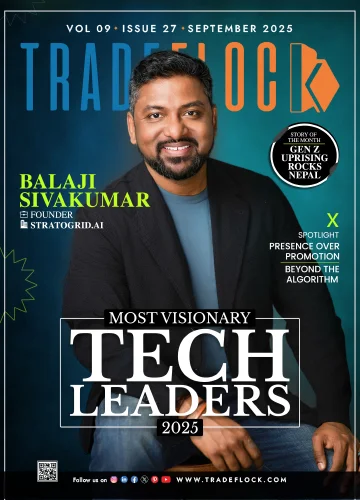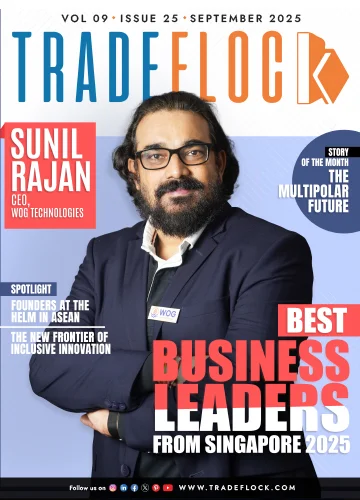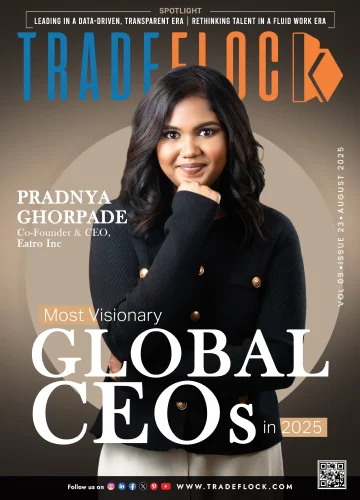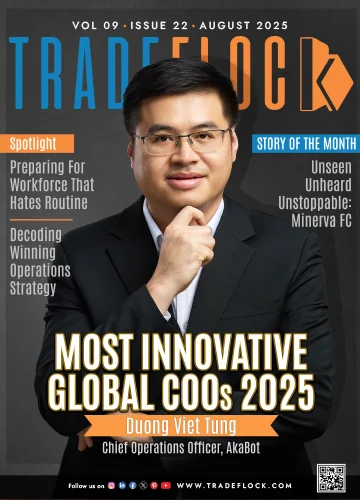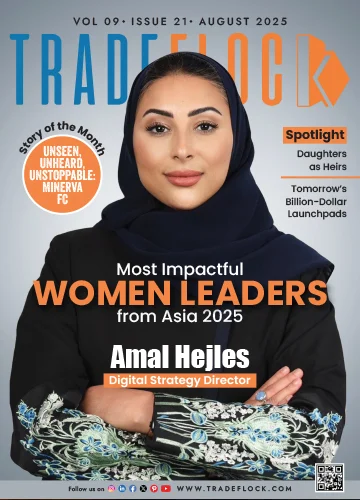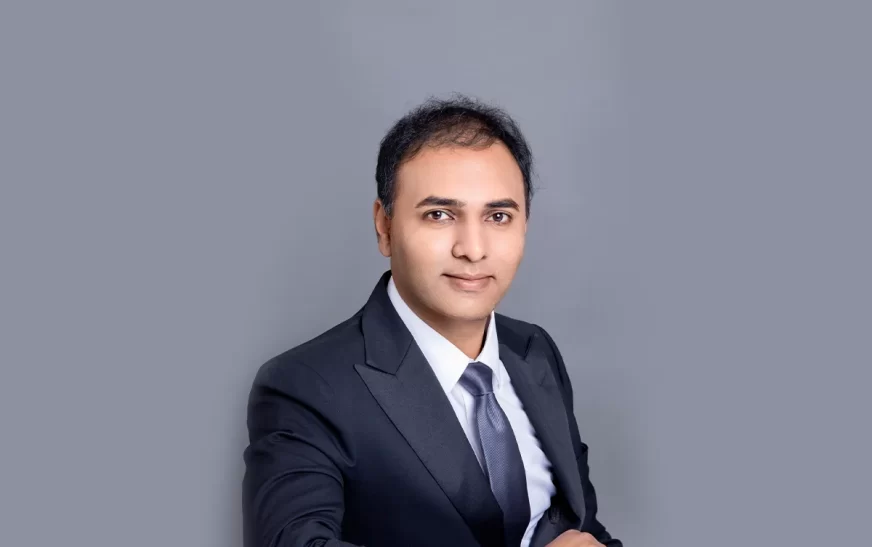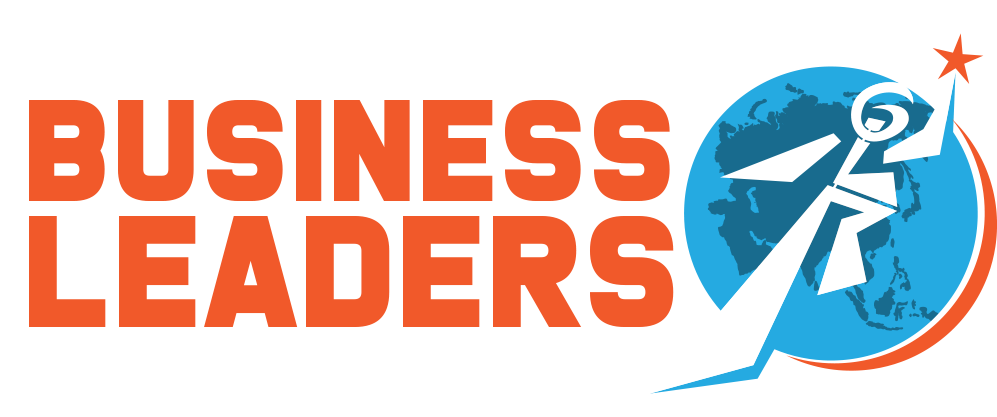
Balancing People, Planet, and Profit in Fashion
Chandramohan
Founder and CSO
EcoFash Services Co. Ltd
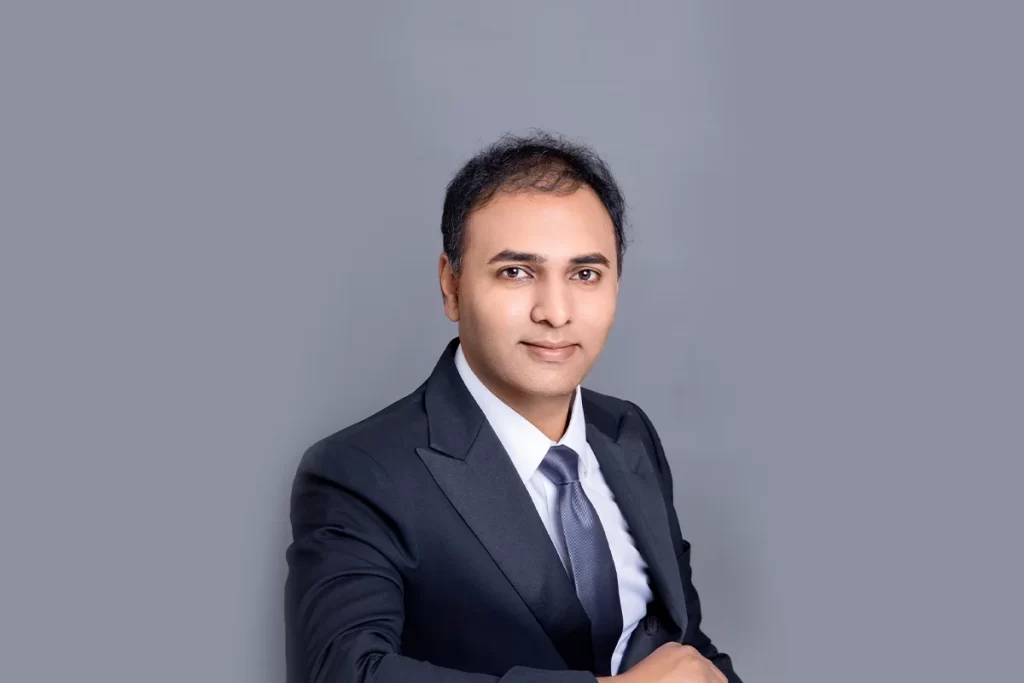

Balancing People, Planet, and Profit in Fashion
Chandramohan
Founder and CSO
EcoFash Services Co,. Ltd
Chandramohan - Asia's Best Business Leaders 2025
From working on the production floors of Chinese mills to shaping the global sustainable fashion dialogue, Chandra Mohan, Founder and CSO of EcoFash Services Co. Ltd, has forged a remarkable journey of transformation. His career began in 2007 in fabric R&D, and by 2008 he relocated to China, gaining hands-on experience in fabric sourcing, quality assurance, and development. Over more than a decade, he mastered the delicate balance of aesthetics, pricing, and testing, helping global brands navigate complex supply chains. A turning point came in 2018 during a Target meeting in Shanghai, where Mohan encountered bottle-to-textile recycling. While initially too expensive for broad adoption, the innovation left a lasting impression. In 2020, he took on the role of sustainability manager alongside fabric management, encouraged by his mentor, Mr. Nishit Bapna, to pursue formal education in sustainability. He completed advanced courses from Coursera and SUMAS and a master’s in Sustainable Business Leadership, strengthening his belief that profitability and environmental stewardship can coexist. Motivated by this vision, Mohan left his corporate role to find EcoFash Services, guided by the 3P principle—People, Planet, Profit. Today, he drives sustainable innovation in textiles, championing a future where fashion not only looks good but also does good. Speaking with TradeFlock, he discusses his journey and work in detail.
How is EcoFash turning sustainability into a profit driver for MSMEs in India and China?
Working with 40+ global fashion brands taught me that sustainability goals and buying budgets often clash. Brands demand greener products, but MSMEs at the manufacturing end see sustainability as a costly burden. At EcoFash, we bridge that gap, showing that sustainability can enhance profitability. Our Fractional CSO service delivers seniorlevel sustainability expertise at a fraction of the cost, starting with just five hours a month. This allows small suppliers to stay aligned with global standards without hiring full-time staff. We also provide a shared-service team to manage sustainability reporting and communication, helping MSMEs meet brand and NGO expectations efficiently. Finally, we negotiate ESG, LCA, DPP, and audit solutions at reduced costs, passing savings directly to MSMEs. Through this model, brands gain competitively priced sustainable products, and MSMEs transform sustainability from a burden into a strategic advantage, proving that eco-conscious practices and profitability can coexist.
What’s the hardest part in showing traditional businesses that sustainability and profitability can go hand-in-hand?
Convincing traditional businesses remains one of the toughest challenges. Most brands and value chain partners are reactive—they act only when regulations require it or when customer pressure becomes unavoidable. At EcoFash, we take a different approach. Rather than emphasising return on investment, we focus on the risks of inaction—how NGOs, competitors, and market expectations can disrupt business if sustainability is ignored. At the same time, we ensure investments are minimal and strategic. For example, garment factories often start with initiatives like Higg FEM in the first year, helping them understand their sustainability footprint without overextending resources. We eliminate unnecessary expenses and focus only on actions that deliver tangible value. Our mantra is balance—aligning sustainability with business realities. By showing that eco-conscious practices can coexist with profitability, we help traditional businesses see sustainability not as a cost but as a strategic advantage
"By understanding pain points at every stage, we can design practical, cost-efficient sustainability strategies and ensure fairness across the chain”
Of all EcoFash’s offerings, which has made the biggest, unexpected difference?
The Fractional CSO service has created the most unexpected impact. What makes it powerful is that we don’t just work with one part of the supply chain—we engage with every tier. From garment traders and factories (Tier 1) to fabric traders and mills (Tier 2), yarn producers (Tier 3), and even fibre manufacturers (Tier 4), we address sustainability challenges holistically. Very few players in the industry are bridging all these layers, and that gives EcoFash a unique vantage point. By understanding pain points at every stage, we can design practical, cost-efficient sustainability strategies and ensure fairness across the chain. More importantly, we act as a connector— educating one tier about the challenges of another. This cross-learning is creating real alignment and accelerating progress. Ultimately, the service is not only helping MSMEs thrive but also fuelling EcoFash’s mission to move the fashion industry toward a truly greener future.
Which current EcoFash initiative excites you most, and what is its significance for the fashion industry?
Right now, I’m most excited about EcoFash T2T, our initiative to make textile-to-textile (T2T) garments affordable for the mass market. We’re working across the entire value chain, forming new partnerships, and focusing on reducing costs so that T2T garments become competitive. Our goal is ambitious: by 2030, T2T garments should cost no more than 10% above virgin material, ensuring circularity is practical and scalable. This matters because if pricing remains high, mass-market brands will hesitate, limiting the impact of sustainable fibres and creating bottlenecks similar to past initiatives like Renewcell. We’re also prioritising enzymeand solvent-based recycling, avoiding chemical or mechanical methods, to ensure environmentally responsible production. By bridging the pricing gap and making T2T accessible, EcoFash is shaping the future of material choice in fashion, creating a genuinely circular and sustainable industry.

